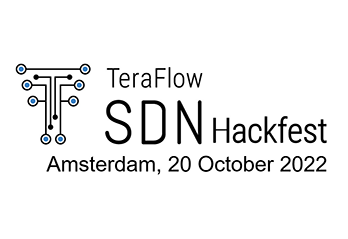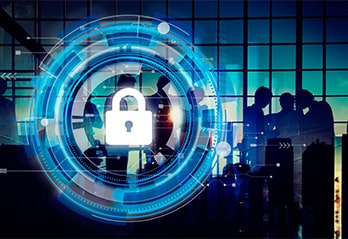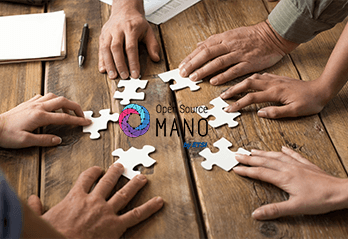7th MCX PLUGTESTS
Posted by Claire Gauthier 11095 Hits- Event type: Interoperability Events
- Event Technology: Public safety & emergency communications, Testing languages, TETRA
ETSI, with the support of the European Commission (EC), the European Free Trade Association (EFTA), the Critical Communications Association (TCCA), the Union Internationale des Chemins de fer (UIC) and 5G-EPICENTRE, organized the seventh MCX PLUGTESTSTM. This Plugtests took place from the 7th to 11th of November 2022 and was hosted by the University of Malaga, Spain.
Important: We assure our participants, members and partners that ETSI is monitoring the situation of the Coronavirus pandemic very closely and will ensure all necessary initiatives will be taken in accordance with the instructions of the local government authorities. We recommend flexible booking of hotel / flights accordingly.
What were the objectives and scope of the Plugtests event?
The concept of Mission Critical Services such as “Mission Critical Push To Talk" (MCPTT), “Mission Critical Data" (MCData) and “Mission Critical Video" (MCVideo) started with 3GPP Release-13 and is ongoing in current Releases. The Future Railway Mobile Communication System (FRMCS) is based on these Mission Critical Features.
The goal of this MCX Plugtests event was to validate the interoperability of a variety of implementations using different scenarios based on 3GPP Mission Critical Services in Release-17. The MCX Plugtests event did also test FRMCS capabilities like Functional Aliases, Multi-talker, User and Group Regrouping, MCData IP Connectivity and complex emergency call handling. The MCX Plugtests event was, besides mission critical features which have been tested in past events over 4G network, extended to initially test Mission Critical Services over 5G test network. Specific focus was put to inter-system communications including IWF and inter-MCX scenarios. The tests are based on 3GPP, ETSI and IETF standards and are designed for:
MCS Application Servers (MCPTT, MCDATA, MCVIDEO) MCS Clients (MCPTT, MCDATA, MCVIDEO) FRMCS Applications using MCX Framework eMBMS Components IMS / SIP Cores Consoles and Control Rooms connected to MCX servers MCS Test Equipments RAN equipment (4G and 5G) Packet cores (4G and 5G) UEs (User Equipment), Cab Radios, embedded equipment, Rugged Handheld Phones TETRA and P25 systems with IWFThis event featured tests with 4G and 5G radio equipment (gNBs, eNBs, 5GCs, EPCs, UEs) with Unicast and Multicast support and did also allow Over-The-Top (OTT) testing of Mission Critical Servers and Clients as well as included tests of railways-oriented capabilities. Test Equipment vendors had the possibility to test as well in the Plugtests.
What were the advantages of attending the 7th MCX Plugtests event?
To assess the level of interoperability of your implementations To validate your understanding of the standards To test with (many) other real implementations and demonstrate end-to-end interoperability To debug your implementation: early bug fixing, saving time and costs To promote the technology and the ecosystemWho could participate?
Vendors which develop and produce above-mentioned equipment Observers, which can be government organizations, mobile network operators, public safety operators, users, agencies or regulators.New Vendors and Observers had to sign the Rules of Engagement and NDA of the MCX Plugtests Programme to participate.
The Plugtests Observer Programme
Observers were welcome to help define the scope (i.e. functionality to be tested) for this event and to evaluate the tests statistics in the TRT (Test Reporting Tool).
In parallel to the testing, it was planned to organise an observer programme and demos. The focus of the observer programme was to examine and discuss the progress of deployment and the challenges in testing of the Mission Critical Services for Public Safety and Public Transport. The observer programme was held onsite during the event.
The observer programme included demos from the interested vendors, which showed interoperability of their equipment by showcasing the MCX Plugtests test cases and observer scenario use cases.








